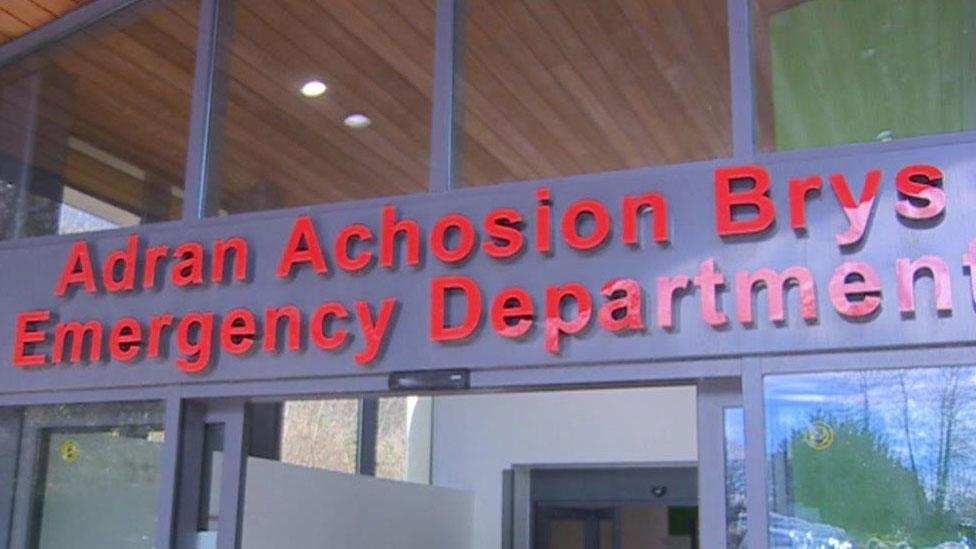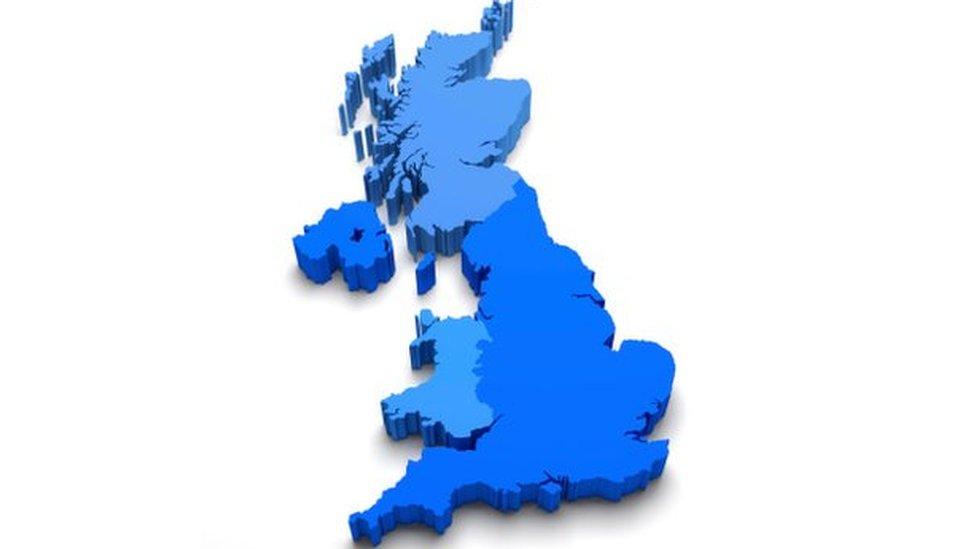Major trauma centre set for Cardiff or Swansea
- Published
- comments

Specialist urgent care for patients with life-threatening injuries in south Wales is set to move a step closer, BBC Wales understands.
Independent experts are looking at bids from Cardiff and Swansea to become major trauma centres (MTC).
There are 27 MTCs operating in England but none in Wales.
The absence of a similar set-up in Wales has been called "embarrassing" with claims it is falling behind other developed countries.
Survival rates in England have improved significantly since a major trauma care network was established over the past seven years.
What is a Major Trauma Centre?
A designated, specialist hospital responsible for the care of the most severely injured patients
Experts in a wide range of injuries are available 24/7
If it is safe to do so, critical cases are usually taken directly to there instead of the nearest A&E
Major trauma cases are relatively rare but getting the right care quickly can make a "huge" difference to survival chances
The first was established in London in 2010; four are planned in Scotland
They would still work within a network of other hospitals - designated major trauma units (MTUs)
This is how the 27 major trauma centres across the UK look - and where Wales would fit in
Now, after years of discussion, a significant milestone in establishing a major trauma network in south Wales will be reached within weeks.
The University Hospital of Wales in Cardiff (UHW) and Morriston Hospital in Swansea are vying to become south Wales' MTC.
Over the past month a panel of experts outside Wales has been assessing both bids.
A recommendation to NHS Wales is imminent although it may still be many months a before a decision is reached.
The preferred option will go out to consultation and if no agreement can be reached, the final decision could rest with the health secretary.
University Hospital of Wales emergency medicine consultant Dr Melissa Rossiter explains what major trauma is
Dr Melissa Rossiter, consultant in emergency medicine and clinical lead for major trauma at Cardiff and Vale health board said: "It's actually embarrassing to be part of a system that doesn't have regionalised network in major trauma care and Wales is getting left behind the rest of the modern world."
She said hospitals which developed better major trauma management also learnt new skills and approaches which could benefit other specialities.
Prof Ian Pallister, consultant and major trauma lead at Morriston, added: "The odds of survival since they were established in England up to 30% higher now than at the beginning.
"There's every reason we can make the same gains."
Tim Havard, director of the Royal College of Surgeons in Wales, said it was about ensuring patients got "prompt, high class care irrespective of where they have been injured".
However, he added: "Progress in planning for major trauma in south Wales has been too slow and clarity regarding which hospital will develop the MTC is now necessary."
What about north Wales?
It is already arguably better served than south Wales as badly injured patients are taken to the MTC in Stoke. The same formal arrangement applies for parts of mid Wales.
But given the expertise required - and the fact major trauma cases are rare - it is unlikely north Wales would be able to sustain its own MTC.

Motorist Sarah Williams was flown for specialist treatment for a serious head injury in Cardiff after a horrific car crash
Major trauma survivor
Sarah Williams, 28, survived a car crash in Monmouthshire in 2015 which left her unconscious with a serious head injury.
Wales Air Ambulance, with a doctor on board, was able to by-pass nearer hospitals so she could get initial specialist care in Cardiff. She was also treated later in Newport.
It was an illustration of how a major trauma network might work.

Whichever hospital is chosen, Morriston and the UHW hospitals would have to work closely together, while experts say the process is not about winners or losers and patients are set to gain.
- Published5 February 2017
